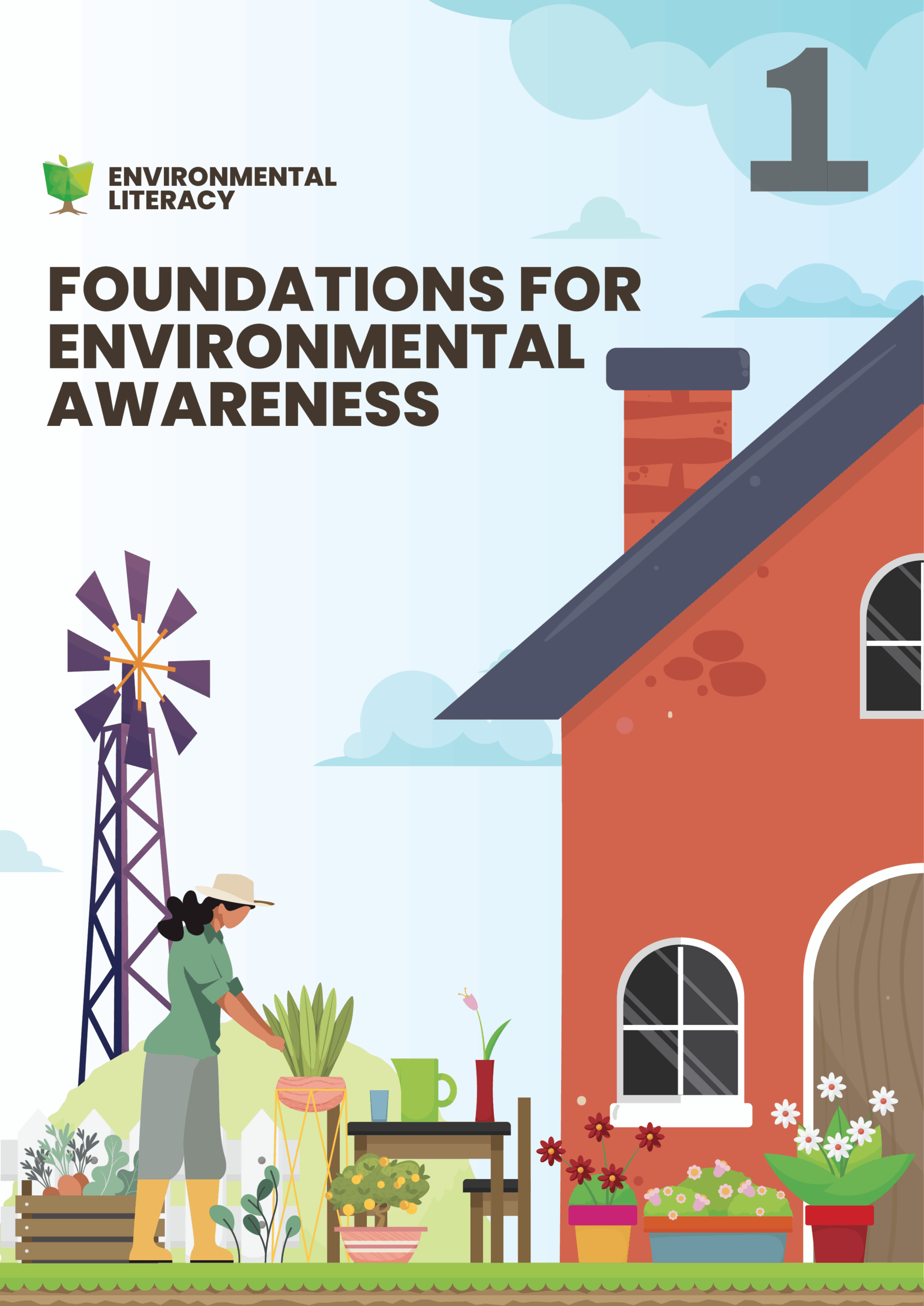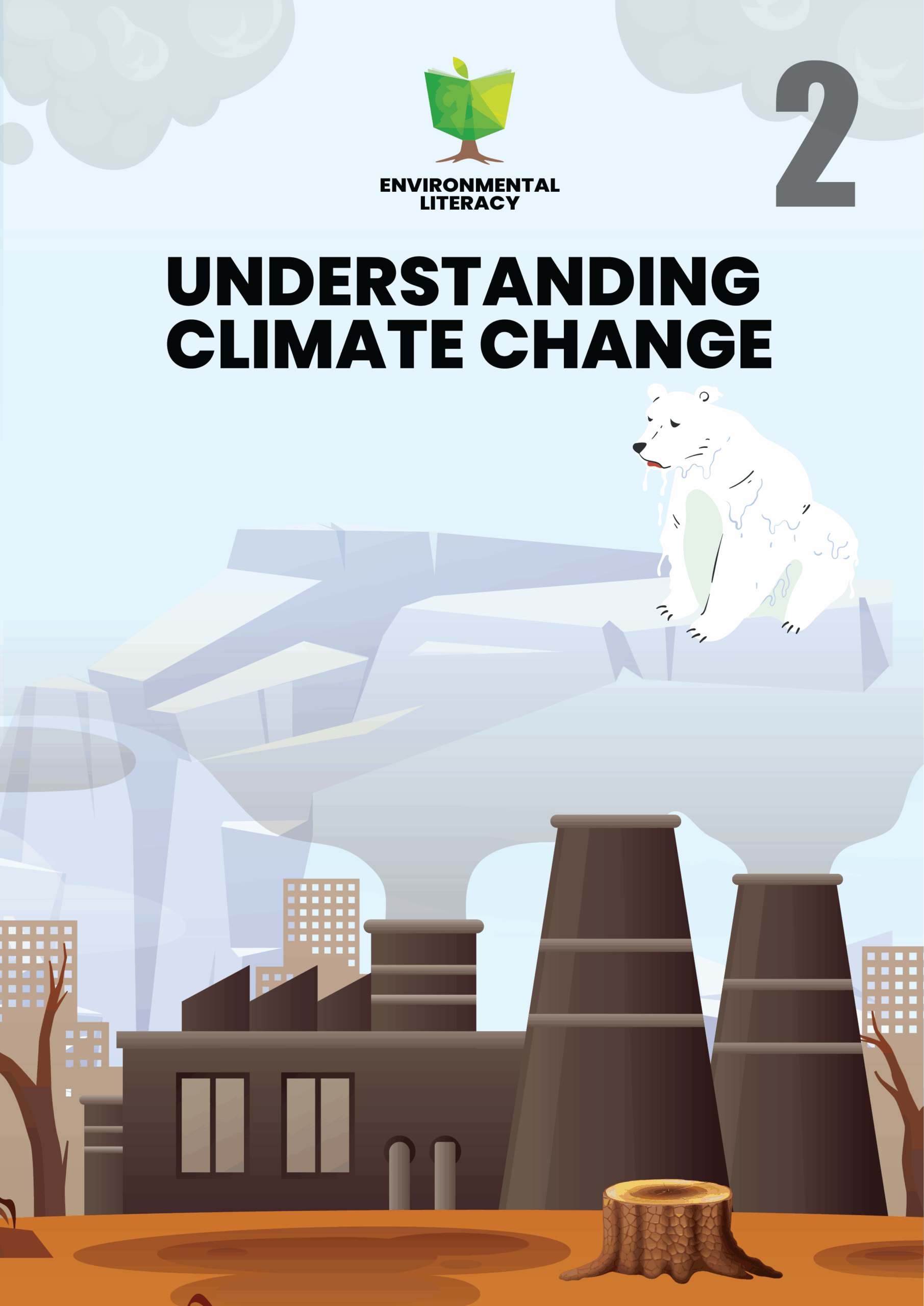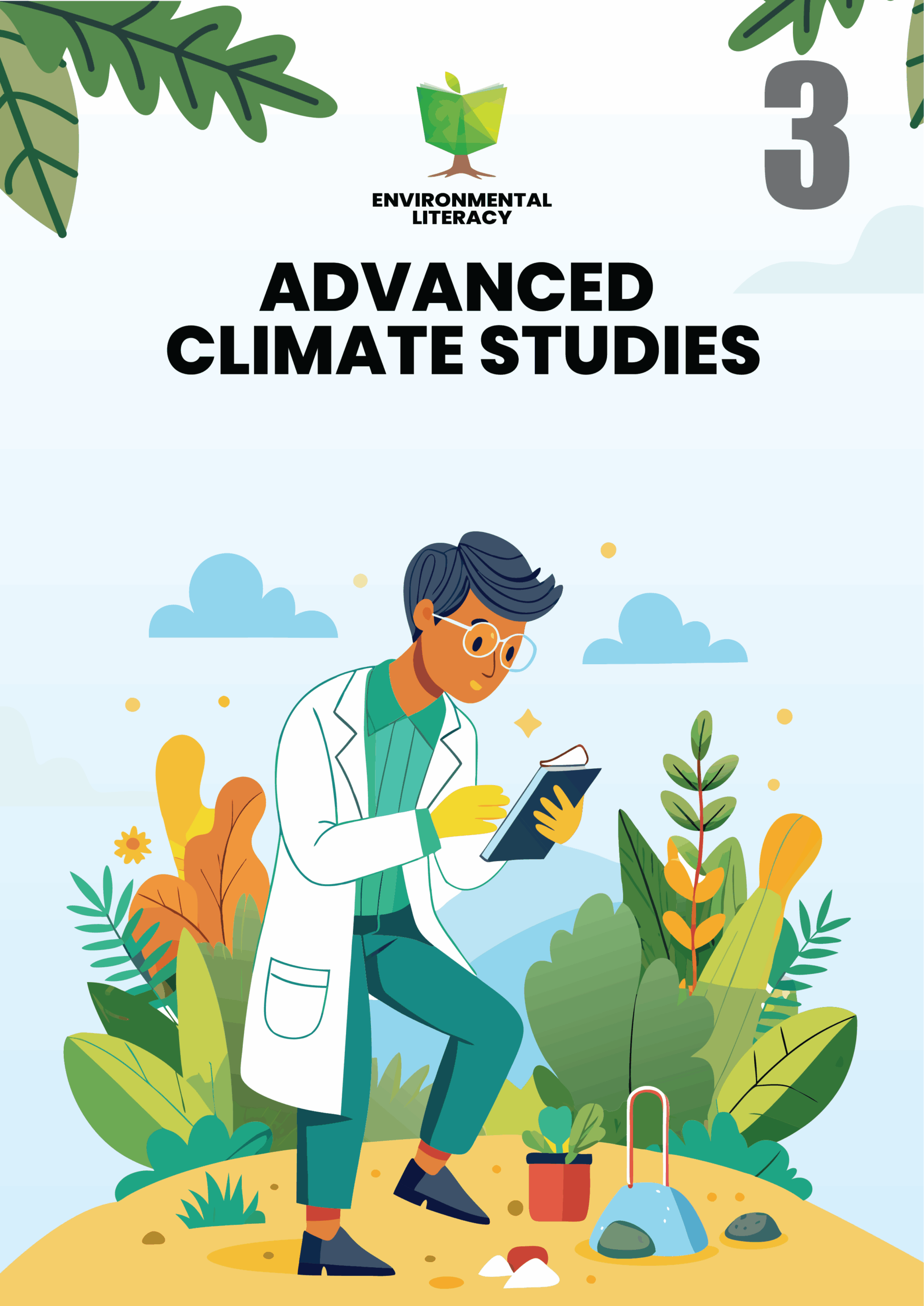Environmental Literacy

Empowering Future Leaders for a Sustainable Tomorrow
Not Registerd Yet? Sign Up Now
Empowering individuals to analyze, and act on environmental challenges for a sustainable future.
Environmental Literacy Course Building Climate Leaders for Tomorrow



Climate Empowerment
Inspiring youth to lead awareness and drive environmental change.
Eco-sustainability
Building eco-conscious values for a greener, sustainable planet.
Experiential Learning
Engaging students through real-world action and creative problem-solving.
Climate Action
Driving solutions to reduce emissions and protect our planet.
In today’s world, marked by climate emergencies and environmental uncertainty, enrolling in an environmental literacy course is no longer just an optional academic pursuit; it has become an urgent necessity. From extreme weather events to the collapse of biodiversity, the planet demands informed and proactive citizens who are ready to take action. This Environmental Literacy Course is specifically designed to equip students with scientific knowledge, ethical values of sustainability, and a strong sense of individual and collective responsibility to address these pressing challenges.Rather than offering generic learning, this course provides eco-conscious education grounded in both global standards and local contexts. By blending climate change education with sustainability practices and environmental awareness, students will acquire the critical knowledge and practical skills required to help create a better, more sustainable future.
Why Environmental Education Matters?
Globally, environmental education is recognized as the foundation of sustainability and informed citizenship. However, for Pakistan, the urgency of environmental education is even Greater due to its unique challenges. According to the Global Climate Risk Index 2025, Pakistan is ranked as the fifth most vulnerable country to climate change, with events like the 2022 floods causing widespread devastation. Additionally, the International Institute for Environment and Development (IIED) reports severe water scarcity and the accelerated melting of glaciers in the Hindu Kush and Karakoram mountains, both of which threaten agriculture, food security, and increase flood risks. The country faces severe water scarcity, posing a significant threat to agriculture and food security. In cities like Lahore and Karachi, air pollution has reached hazardous levels, contributing to a major public health crisis. Furthermore, climate-induced disasters, such as floods and prolonged droughts, are forcing millions from their homes.
This course is strategically designed to address these critical issues and is considered the leading environmental education program in Pakistan, directly linking climate change awareness with practical solutions for schools, homes, and communities. By providing a comprehensive framework to respond to these crises, the course aims to make a real difference in the lives of students and their communities.
What You Gain from This Course
Enrolling in the Environmental Literacy Course offers students and educational institutions the opportunity to develop a deep understanding of environmental issues through evidence-based reasoning. Participants will acquire essential knowledge and skills to apply sustainable practices in everyday life, including water conservation and energy efficiency. The course also covers a foundational understanding of renewable energy and low-carbon living while exploring the ethics of environmental responsibility that shape global citizenship. Students will enhance their role as eco-conscious citizens by engaging in climate action learning. Upon course completion, participants will receive a certification validating their expertise in environmental education and sustainability practices. This course is more than just a learning experience; it is a transformative journey that encourages students to take a leading role in environmental protection.
Aligned with Global Environmental Education
This course has been fully mapped to the United Nations’ Sustainable Development Goals (SDGs), particularly focusing on SDG 4 (Quality Education) and SDG 13 (Climate Action). SDG 4 aims to integrate sustainability into education systems globally, while SDG 13 prepares students to take informed and effective action against climate change. By aligning the curriculum with these global goals, this program ensures that students in Pakistan are not only aware of global environmental challenges but are also equipped to compete in a world that increasingly values sustainability.
Expert-Designed
The Environmental Literacy Course is expertly crafted by a team of professionals with in-depth knowledge of environmental science and sustainability. It is structured to ensure students gain a thorough understanding of climate science and sustainability concepts. The content is meticulously designed to cater to various learning levels, providing a comprehensive foundation in environmental education.
Online & Interactive
Delivered through an innovative online platform, the course offers an engaging and interactive learning experience. Students can access animated explainer videos to simplify complex climate science concepts, while quizzes, educational games, and simulations encourage active participation. Teacher resources extend the environmental curriculum into classrooms, and students are encouraged to work on research projects to create real-world climate action initiatives, further enhancing their learning experience.
Course Structure
The course is divided into three progressive levels based on age groups:
- Foundations for Environmental Awareness (Ages 10–13): Students are introduced to ecosystems, water and air quality, and environmental responsibility. Early habits like recycling, energy-saving, and sustainable practices are emphasized.
- Understanding Climate Change (Ages 14–16): This level covers the science of greenhouse gases, global warming, and renewable energy. It also addresses disaster preparedness and offers tailored solutions to Pakistan’s unique environmental challenges.
- Advanced Climate Studies (Ages 17–18): The final stage includes climate policy, environmental ethics, and sustainable development practices. Students will engage in independent research and create climate action plans for their schools or communities, empowering them to become leaders in environmental change.
Why You Should Take This Environmental Literacy Course
This course is not just about learning; it is about empowering students to take meaningful action. By participating in the Environmental Literacy Course, students will develop a deep understanding of environmental responsibility and acquire the skills to champion sustainable practices in their daily lives. They will gain the confidence to take part in climate change awareness campaigns and gain a global perspective on environmental literacy in schools.
Ultimately, this course prepares students to take on leadership roles in a world where climate action is as essential as core subjects like mathematics or science. It provides students with the tools they need to lead the way in solving some of the most critical challenges of our time.
Join Us on This Transformative Journey
The Environmental Literacy course empowers students from Grades 6–12 with knowledge and awareness of environmental issues, inspiring eco conscious values, sustainable actions, and a deep connection with nature.
